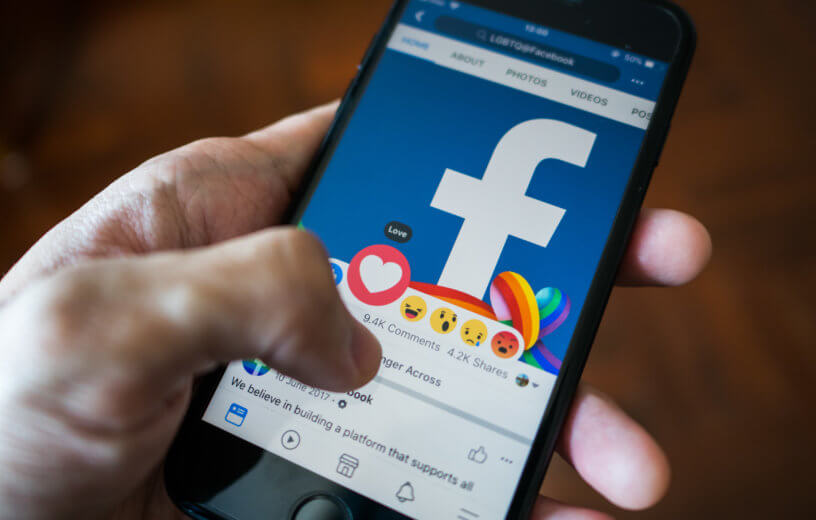COLUMBUS, Ohio — Facebook “friends” may be helpful if you’re looking for a few compliments on a new outfit, but for college students, these online connections will rarely step up and offer legitimate guidance during a tough time, according to a new study. Researchers from Ohio State University say that when students post about feeling depressed, there is a very low likelihood any of their online friends will encourage that person to seek help.
While this study was relatively small, its results are nonetheless striking. Among the 33 college students who participated in the research and had posted about dealing with depression on social media, not a single one reported that any of their Facebook friends reached out to tell them to seek guidance from a mental health professional. Instead, friends that did reach out offered kind words or motivational statements.
While supportive messages shouldn’t be completely disregarded as unhelpful for an individual struggling with depression, the study’s authors say that for many such words are simply not enough.
“It makes me concerned that none of the Facebook friends of students in this study were proactive in helping their friend get help,” comments OSU professor of social work and lead study author Scottye Cash in a release. “We need to figure out why.”
Each participating student described what type of depression-related post they had made, and reported how their Facebook friends responded. Students were also asked to fill out a depression survey. The subsequent analysis revealed that almost half of the participants were indeed suffering from a legitimate form of moderate to severe depression. Additionally, 33% indicated that they had been having suicidal thoughts recently.
“There’s no doubt that many of the students in our study needed mental health help,” Cash says.
Among the studied posts, the most frequently described themes were negative emotions (“I feel so alone”) and having a particularly bad day (“Things couldn’t get any worse”). Combined, those two themes appeared in about 45% of the students’ posts.
However, only one participant directly asked for help, and merely three actually used the word ‘depression” or “depressed.” Still, the majority found a way to clearly state how they were feeling without outright saying it. For example, 15% used sad song lyrics, 5% used an emoji or animation to display their depressed feelings, and 5% used a sad quote.
“They didn’t use words like ‘depressed’ in their Facebook posts,” Cash explains. “It may be because of the stigma around mental illness. Or maybe they didn’t know that their symptoms indicated that they were depressed.”
Roughly 35% of the responses to the depressed posts were simply kind words or supportive gestures. Meanwhile 19% asked what was wrong, but quite a few students said they weren’t quite sure how interpret such a response. “It is hard to tell who cares or who’s (just) curious this way, though,” one student remarked.
Other common responses from friends included: reaching out to the student outside of Facebook (11%), sending a private Facebook message (11%), and just “liking” the original post (11%).
Cash and her team acknowledge that the students weren’t being perfectly clear with their Facebook posts, and understand, to a certain extent, why none of their friends encouraged the students to seek help.
“For the friends reading these posts, they often have to read between the lines since few people came right out and said they were depressed,” she says. “Many people used quotes and song lyrics to talk about how they’re feeling, so their friends really had to decode what they were saying.”
Ultimately, the study’s authors say their findings point to an urgent need for more mental health literacy and awareness among college students, so they can be better prepared to pick up on warning signs posted on social media.
“Both Facebook and colleges and universities could do more to give these students information about resources, mental health support and how to recognize the signs of depression and anxiety,” she concludes. “We need to increase mental health literacy and decrease mental health stigma.”
The study is published in JMIR Research Protocols.
